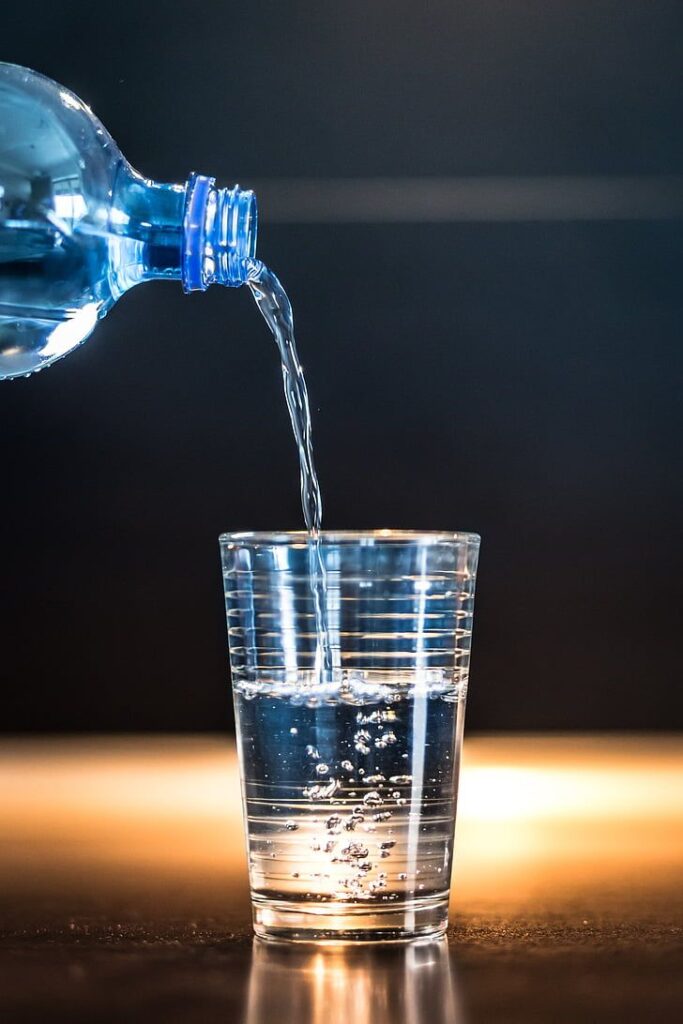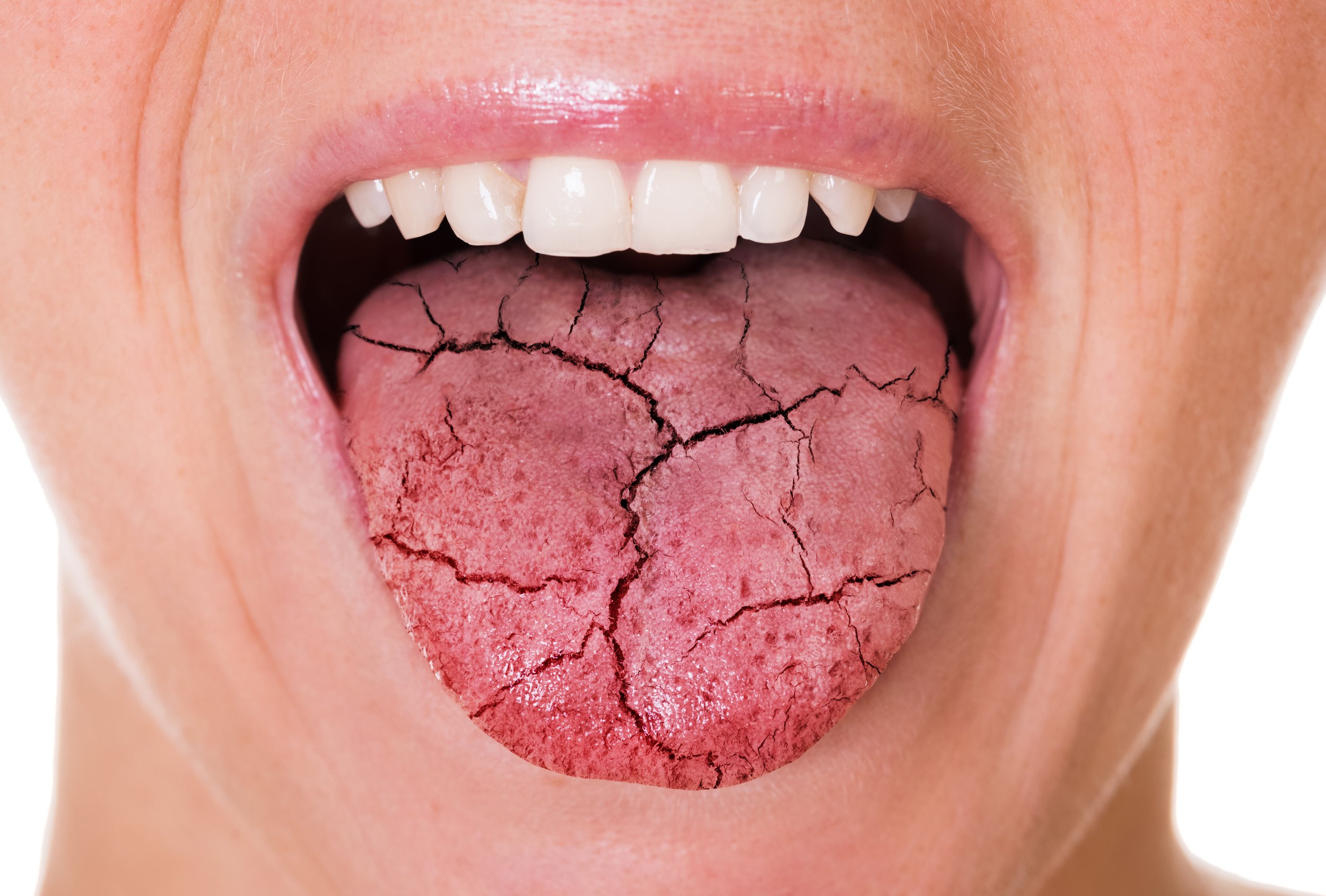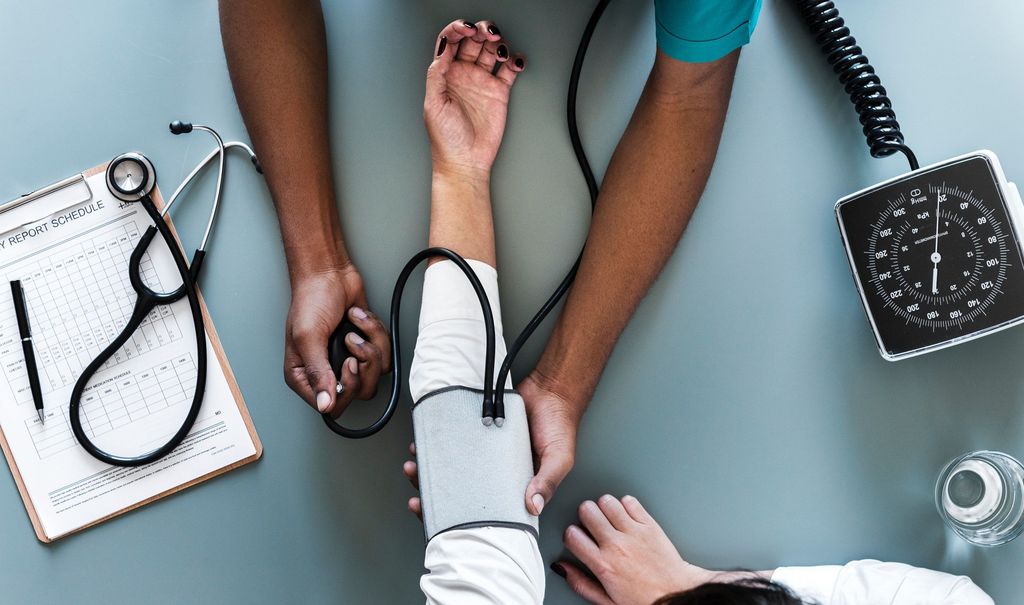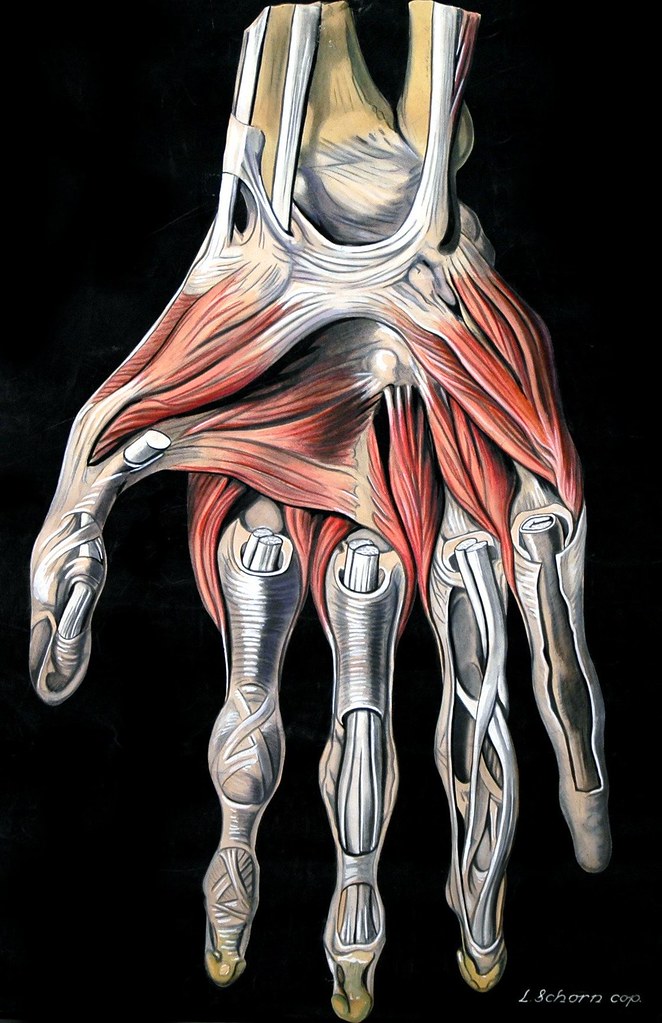
In an era where reusable water bottles have become a ubiquitous accessory, it might seem that everyone is well-versed in the importance of hydration. The culture around drinking enough water has indeed changed in recent years, with seemingly everyone toting an (often fancy) reusable water bottle everywhere they go. Yet, despite this heightened awareness, many of us still find it challenging to consume the optimal amount of water daily. It can be particularly tricky on those days when an extra cup of coffee calls, or a glass of wine with friends becomes part of the evening ritual. On these days, and especially when spending time in the heat or engaging in a tough workout, it becomes absolutely vital to recognize the potential signs and symptoms of dehydration.
Dehydration isn’t just about feeling parched; it’s a state your body enters when you fail to replenish the fluids lost through everyday processes like urination, sweating, and even the simple act of breathing. When this fluid deficit occurs, it can have a profound impact on how your entire body functions, extending far beyond a mere sensation of thirst. Understanding these subtle cues is the first step towards maintaining your health and ensuring your body operates at its best. Michael Seth Smith, M.D., a sports medicine physician at the Florida Orthopaedic Institute in Gainesville, FL, emphasizes the critical role of fluid replenishment.
While the commonly cited rule of thumb suggests consuming eight glasses of water a day, Dr. Smith clarifies that individual hydration needs vary significantly. Children and older adults, for instance, typically require more water to stay adequately hydrated. Similarly, individuals taking certain medications, those with a history of cardiovascular disease, or anyone who has recently experienced a viral illness should increase their fluid intake. Environmental factors also play a major role; if you find yourself in a hot, humid climate or are engaged in strenuous exercise that leads to sweating, your susceptibility to dehydration increases dramatically. For a person weighing approximately 150 pounds, with about five liters of total body water, it’s not uncommon to lose up to two liters through sweat during a single workout, highlighting the necessity of consistent replenishment to prevent dehydration.

1. **Thirst**Thirst is arguably the body’s most direct and undeniable signal that it needs fluids, yet its subtlety can often lead to it being underestimated. According to Dr. Smith, “Usually when thirst occurs, the person is about 2% dehydrated.” This percentage might sound small, but it represents a measurable fluid deficit that your body is actively trying to rectify. It’s a clear indication that while there’s no immediate need to sprint to the nearest water fountain, a glass of water should certainly be on your radar in the very near future.
This initial sensation of thirst, far from being a minor inconvenience, is a vital communication from your internal systems. It’s your body’s intelligent way of prompting you to take action before the deficit becomes more significant. Ignoring this early warning can set the stage for a gradual progression into more profound stages of dehydration, which can begin to impact various bodily functions and overall well-being. Listening to this signal is crucial for maintaining optimal hydration levels throughout your day.
The implications of disregarding thirst signals are amplified, particularly if you’re engaging in physical activity. During exercise, fluid loss through sweat accelerates, making timely replenishment even more critical. If you continue strenuous activity without addressing your body’s initial call for water, you risk exacerbating the fluid imbalance, leading to more pronounced symptoms and potential negative effects on your performance and health. Therefore, recognizing and responding to thirst promptly is a fundamental step in preventing further dehydration, especially when your body is under increased demand.
Read more about: 10 Sports Coupes That Were So Shockingly Slow, Even Your Grandma’s Minivan Could Take ‘Em to School

2. **Dry mouth**Beyond the general sensation of thirst, a dry mouth serves as another distinct indicator from your body that its total water content needs attention. This symptom arises directly from insufficient fluid levels, which impede your body’s ability to produce an adequate amount of saliva. Saliva is not only essential for comfortable speaking and eating but also plays a crucial role in maintaining oral health.
Furthermore, a dry mouth can manifest in other noticeable ways, including bad breath. When saliva production is reduced, bacteria can proliferate more easily in the mouth, leading to unpleasant odors. This connection between dry mouth and bad breath is a frequently overlooked sign of potential dehydration, often mistakenly attributed to other causes. It’s a clear indication that your body’s fluid balance is off, even if you’re not consciously feeling extremely thirsty.
Given the direct link between dry mouth and mild dehydration, it’s wise to consider your hydration status when experiencing this symptom. Reaching for a bottle of water before resorting to a piece of gum is a practical and effective response. Addressing the root cause, which is often a lack of fluids, will provide a more lasting solution than simply masking the symptom with breath fresheners. This simple act can make a significant difference in how your mouth feels and functions, as well as addressing the underlying mild dehydration.
Read more about: Fuel Your Passion: The 12 Must-Read Automotive History Books Every Car Enthusiast Needs on Their Shelf

3. **Dark or tea-colored urine**The color of your urine offers a remarkably straightforward and practical way to gauge your hydration levels. A simple glance can provide immediate insight into your body’s internal state. Generally speaking, the more total body water you have, the clearer your urine will appear. Conversely, if your urine presents as a darker shade, perhaps resembling a deep yellow or even a tea-like color, it signals a more concentrated state, indicating that you should increase your water intake promptly.
This darker coloration occurs because your body, in an attempt to conserve water due to insufficient fluid intake, releases less water into your urine. Consequently, the waste products from your body, such as sodium and urea, become more concentrated within the reduced volume of fluid. This physiological response is your body’s clever mechanism for holding onto precious water resources when it perceives a deficit. Recognizing this visual cue is crucial for taking timely action to rehydrate.
While very dark urine is a clear warning sign, it’s important to understand that the goal isn’t necessarily to achieve completely clear urine. Instead, the ideal urine color is often described as a pale yellow, akin to the shade of light straw. This hue indicates a healthy balance of fluids and waste products, reflecting adequate hydration without excessive water consumption. Paying attention to this simple, daily indicator empowers you to proactively manage your fluid intake and support your body’s vital functions.
Read more about: Understanding the Journey: Common Changes Your Body Experiences When Nearing the End of Life

4. **Decrease in urination**Water plays a fundamental role in the efficient operation of your renal system, specifically in how your kidneys filter waste from your blood and excrete it in the form of urine. When your body is adequately hydrated, your kidneys receive sufficient water to perform this critical task effectively, leading to regular and consistent urination. However, a noticeable decrease in the frequency of urination is a significant sign that your kidneys aren’t getting the necessary fluid support to carry out their waste-removal duties.
If your kidneys don’t receive enough water, they simply won’t be able to produce urine as frequently, meaning you’ll retain more waste products within your body. This isn’t just a temporary inconvenience; if you find yourself chronically dehydrated, this retention of waste can escalate into more serious health problems over time. For instance, when urine becomes excessively concentrated due to a lack of fluids, waste minerals can stick together, leading to the formation of painful kidney stones, as highlighted by expert information.
It is imperative to remember that the proper functioning of your renal system is just one piece of the puzzle. As Dr. Smith reminds us, nearly every major system in your body relies on water to function correctly. This includes vital organs like your heart, which circulates blood, your brain, which governs all bodily processes, and your lungs, which manage respiration. A decrease in urination, therefore, shouldn’t be dismissed as an isolated symptom, but rather recognized as a potential red flag signaling a broader systemic impact of insufficient hydration throughout your body.
Read more about: A Dog Trainer’s Candid Confession: Why I Steer Clear of Dogs with These Potentially Harmful Traits

5. **Dry skin**Our skin, often considered a superficial layer, is in fact your body’s largest organ, and like all other organs, it demands an adequate blood supply to maintain its health and function. When your internal hydration levels are suboptimal, this critical organ can exhibit noticeable changes. If you begin to observe that your skin feels unusually dry, flaky, or less supple than its normal state, it’s worth considering your fluid intake.
While reaching for a topical moisturizer can certainly provide temporary relief and is a helpful part of a skincare routine, it might not address the root cause of the dryness if dehydration is a factor. The external application of creams and lotions helps to create a barrier and lock in moisture, but true skin health also stems from internal hydration. If your body doesn’t have enough total body water, its ability to nourish the skin from within is compromised.
Therefore, if you’re consistently battling dry skin, it could be a subtle yet significant sign that you need to approach moisturizing from the inside out. This means prioritizing your fluid intake by adding more water to your diet. By ensuring your body has ample total body water, you provide your skin with the essential hydration it needs to function optimally, helping it maintain its natural elasticity, softness, and protective barrier from within. This holistic approach complements external care, leading to more resilient and healthier skin overall.
Continuing our journey into the often-overlooked indicators of insufficient fluid intake, we unveil five more vital signs that your body might be subtly signaling a need for water. Understanding these cues is paramount for maintaining optimal health and ensuring every system in your body functions as it should.
Read more about: More Than Mere Commercials: 14 Vintage TV Ads That Changed the World and Still Resonate Deeply Today

6. **Low blood pressure**More than half of the blood coursing through your body is comprised of plasma, a vital liquid component. This plasma isn’t just water; it’s a complex mixture of water, protein, and salt, all working in concert to facilitate numerous bodily processes. When your body experiences a deficit of H2O, particularly within this critical plasma component, its delicate balance is disrupted, leading to noticeable physiological changes.
Without an adequate supply of water within your plasma, your blood will inevitably become more concentrated. This increased concentration means the blood loses some of its fluidity, making it thicker and more challenging for it to move efficiently through your intricate network of blood vessels. This impacts the ease with which your circulatory system operates, putting a strain on the heart and vessels.
The consequence of this concentrated blood is a significant challenge for it to flow smoothly and effectively to all the organs that rely on it for oxygen and nutrients. When your organs, including the brain and kidneys, don’t receive the necessary blood supply, their functions can be compromised, leading to a measurable drop in your overall blood pressure. Recognizing low blood pressure as a potential sign of dehydration can prompt timely rehydration and prevent further systemic stress.
Read more about: Unclogging the System: 14 Expert-Backed Drinks for Instant Constipation Relief

7. **Muscle cramping**Muscle cramping, that sudden and often painful tightening in your muscles, can be a particularly uncomfortable and disruptive symptom. It’s a sign that your body’s fluid balance is out of sync, directly linked to how dehydration impacts your circulatory system. When you’re dehydrated, a cascade of physiological events can lead to these involuntary muscle contractions.
Firstly, when there isn’t enough fluid in your system, your blood becomes more concentrated. This concentration, in turn, causes your total blood volume—the overall amount of blood circulating in your body—to decrease. This reduction in volume means there’s simply less fluid available to be pumped around, challenging your body’s ability to supply all its tissues effectively.
In such a scenario of reduced blood volume, your body intelligently prioritizes the most vital organs. As Dr. Smith succinctly puts it, “The heart is going to win out over the muscles.” This means that in an effort to maintain critical heart function, blood flow to less immediately vital areas, like your muscles, can be curtailed. This inadequate blood flow to your muscles deprives them of essential oxygen and nutrients, leading to the familiar and often debilitating sensation of muscle cramps. Proper hydration ensures your muscles receive the blood supply they need to function smoothly.
Read more about: Unclogging the System: 14 Expert-Backed Drinks for Instant Constipation Relief

8. **Constipation**Just as your renal system relies heavily on water, so too does your digestive system, which requires ample fluids to operate with optimal efficiency. A healthy digestive tract depends on a consistent supply of water to process food, absorb nutrients, and eliminate waste products effectively. When this vital fluid input is lacking, the entire digestive process can slow down and become problematic.
Water plays a crucial role in enabling your food to move smoothly through your intestines. It helps to keep the stool soft and manageable, preventing it from becoming hard and difficult to pass. Beyond just movement, adequate hydration also contributes to the overall health and efficiency of your intestinal walls, supporting their ability to absorb water from digested food and form healthy waste.
If there isn’t enough fluid in your system to facilitate these processes, your body’s ability to carry waste through and out of the body is compromised. As highlighted by the Cleveland Clinic, constipation can be a direct result of this lack of fluid, making bowel movements infrequent and difficult. Therefore, if you’re experiencing persistent constipation, it could be a clear signal that your digestive system is craving more water to run smoothly.
Read more about: Seriously, What Happened? 12 Once-Beloved Foods Americans Just Don’t Eat Anymore (And Why We Kinda Miss ‘Em)

9. **Fatigue**Are you constantly feeling tired, experiencing that familiar mid-afternoon slump, or even overwhelmed by pervasive fatigue? These feelings of exhaustion, which can range from subtle dips in energy to a profound lack of vitality, might be more closely linked to your hydration status than you realize. Dehydration is a common, yet often overlooked, culprit behind feeling wiped out.
When your body doesn’t have enough water, a series of physiological changes occur that directly impact your energy levels. Your blood pressure can drop as blood volume decreases, and the flow of blood to your brain slows down. Simultaneously, your heart has to work harder to circulate the more concentrated blood, leading to an increased heart rate. All of these factors combined contribute significantly to that feeling of being completely drained.
If you find yourself “always tired,” even after a full night’s sleep, it’s worth considering your daily fluid intake. Addressing even mild dehydration can have a noticeable positive impact on your energy levels, helping to alleviate that constant feeling of weariness and allowing your body and mind to function with greater vigor throughout the day. It’s a simple yet powerful adjustment for improving overall vitality.
Read more about: Unclogging the System: 14 Expert-Backed Drinks for Instant Constipation Relief

10. **Headaches**Headaches are a common ailment, but when they appear without an obvious cause, they can be a distinct indicator that your brain is not receiving the necessary fluids to function optimally. Your brain, like all other vital organs, relies heavily on adequate hydration to maintain its structure, chemistry, and electrical activity. When fluid levels drop, its performance can be significantly affected, manifesting as discomfort and pain.
Dehydration is not only a frequent trigger for general headaches, but it is also recognized as a common migraine trigger for many individuals. The mechanism behind this often involves the shrinking of brain tissue due to fluid loss, which pulls away from the skull, causing pain. Additionally, changes in electrolyte balance and blood flow to the brain can contribute to the onset of head pain.
While a mild headache can be an early warning, it’s crucial to recognize the more extreme signs that indicate an urgent need for rehydration. These include fading in and out of consciousness, feeling lightheaded and dizzy, and even fainting. If you or someone you know experiences these severe symptoms, immediate medical attention is necessary to prevent serious complications from profound dehydration.
**Actionable Advice for Rehydration and When to Seek Medical Attention**
Once you recognize these subtle signs, the next crucial step is to act. The treatment for mild to moderate dehydration is straightforward: replenish the fluids your body has lost. For those experiencing mild symptoms, simply increasing your water intake is key. Dr. Smith suggests that pairing water with a salty snack can be beneficial, as the sodium helps your body to retain fluids more effectively. It’s also important to take small sips of water rather than large gulps, as consuming too much too quickly can overwhelm your stomach and induce nausea. The National Library of Medicine also wisely recommends sucking on ice cubes as a gentle way to hydrate gradually.
If your symptoms are more moderate, or if water and salty snacks aren’t proving sufficient to help you bounce back, you might need to step up your rehydration strategy. In such cases, reaching for a sports drink with electrolytes is advisable. Electrolytes are essential minerals, such as sodium, potassium, and magnesium, that are present in your body’s fluids and are vital for numerous functions. When you sweat a lot, you don’t just lose water; you lose these crucial electrolytes too, so it’s important to replenish them alongside your total body water to restore balance.
While many cases of dehydration can be managed at home with these practical steps, there are definite instances when professional medical attention becomes imperative. Dr. Smith emphasizes that it’s time to seek medical help “when someone is having trouble rehydrating on their own.” Beyond this, severe symptoms such as persistent vomiting that prevents fluid intake, significant mental status changes like confusion or disorientation, and fainting are all clear and undeniable signs that immediate emergency care is required. Recognizing these critical junctures can be life-saving.
Read more about: Busting the Biggest Battery Blunders: 15 Car Power Fictions Mechanics Wish You’d Quit
In our increasingly busy lives, it’s easy to overlook the fundamental importance of staying hydrated. Yet, as we’ve explored, your body provides a continuous stream of “subtle” cues when its fluid balance is ofilter. From a dry mouth to an unexpected headache, these signals are your body’s way of asking for support. By learning to listen and respond proactively to these whispers, you empower yourself to maintain optimal health, boost your energy, and ensure that every one of your body’s intricate systems can perform at its peak. So, grab that water bottle and make consistent hydration a cornerstone of your daily well-being – your body will thank you.



